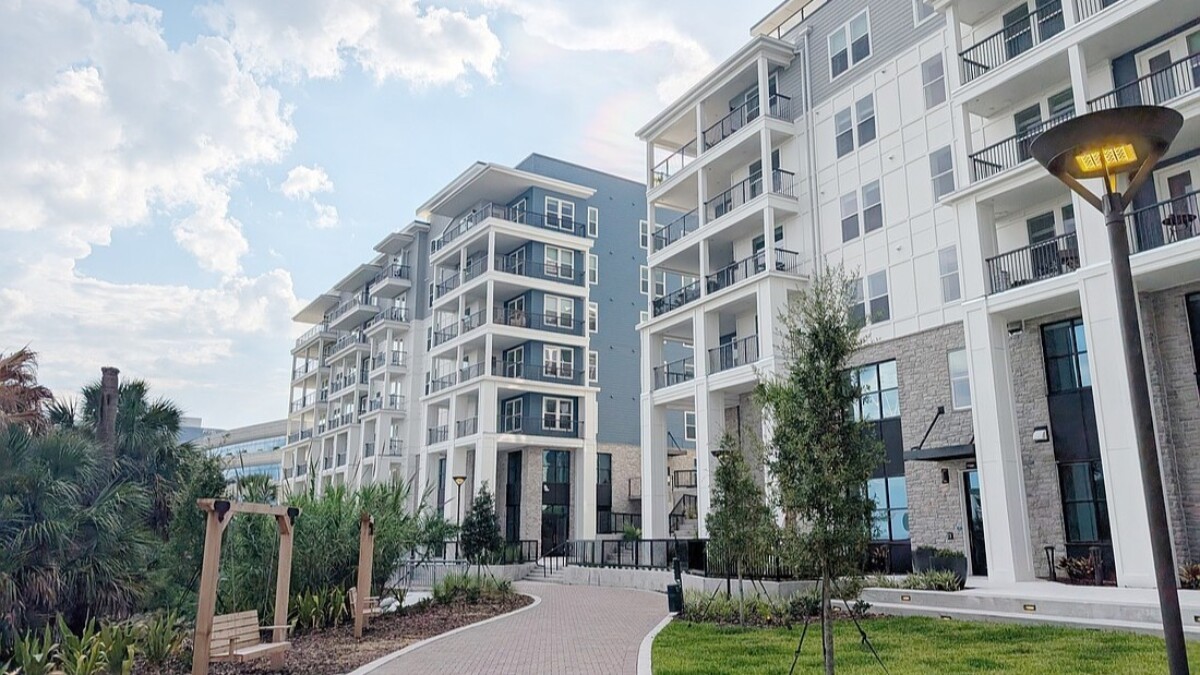Nassau County commissioners have unanimously approved stricter beach driving restrictions, responding to environmental concerns and an ongoing lawsuit over sea turtle protection.
The new rules limit beach driving and parking to between 7:30 a.m. and 7:30 p.m. during sea turtle nesting season, which the county defined as May 1 to Nov. 1.
The change comes as the nonprofit Save Historic American Beach pursues legal action against the county under the Endangered Species Act.
“This clarifies the board’s intent to abide by the Endangered Species Act,” Nassau County Attorney Denise May said during a commission meeting Monday.
The ordinance establishes a Protected Species Management Plan that includes monitoring sea turtle nests, managing unauthorized vehicle access and educating both staff and beachgoers about wildlife protection.
American Beach holds particular significance in Florida’s history. Founded in 1935 by Abraham Lincoln Lewis, founder of the Afro-American Life Insurance Co., it served as one of the few beaches open to Black beachgoers in the Southeast during segregation.
“We are affectionate. We are passionate about our community,” one resident told commissioners during public comment.
Dozens of residents packed the commission meeting to voice their opinions on beach driving. Although some pushed for a complete ban on vehicles, others defended the practice as integral to the area’s identity.
“Remove any infringement of our beach driving right,” one resident said during public comment. “This is just one more step to those rights being taken away completely.”
Under the ordinance, beach driving remains limited to specific areas:
- The Peters Point Road intersection with the beach area north to the city limits of Fernandina Beach.
- The Lewis Street intersection with the beach area north to the developed resort area parcel and south to the developed resort area parcel.
- The southerly end of Amelia Island from the Nassau Sound side to the developed resort area parcel on the Atlantic Ocean side.
- Scott Road intersection with the beach area.
While the commission’s vote was unanimous, many residents indicated they would continue advocating for their positions on both sides of the issue, which is notable because the county’s Protected Species Management Plan includes provisions for ongoing monitoring and potential adjustments based on environmental needs and community feedback.
“We are not a dumping ground,” one resident emphasized during public comment.
Commissioner Alyson McCullough said the board is likely open to making adjustments.
“There are amendments that I believe this board is looking to seek, but it starts with consolidation into one single plan,” she said. “And then we listen to the public and from those then we take and we ask for her to research and do the amendments.”
This story was produced by News4Jax, a Jacksonville Today news partner.







